Break the Stigma: Mental Health in the 21st Century
By Khushi Sibal
"Stigma, discrimination and neglect prevent care and treatment from reaching people with mental disorders." - World Health Organization (WHO) in their Mental Health Action Plan (2013-2020)
Stigma: "a: a set of negative and unfair beliefs that a society or group of people have about something" (Merriam-Webster Dictionary)
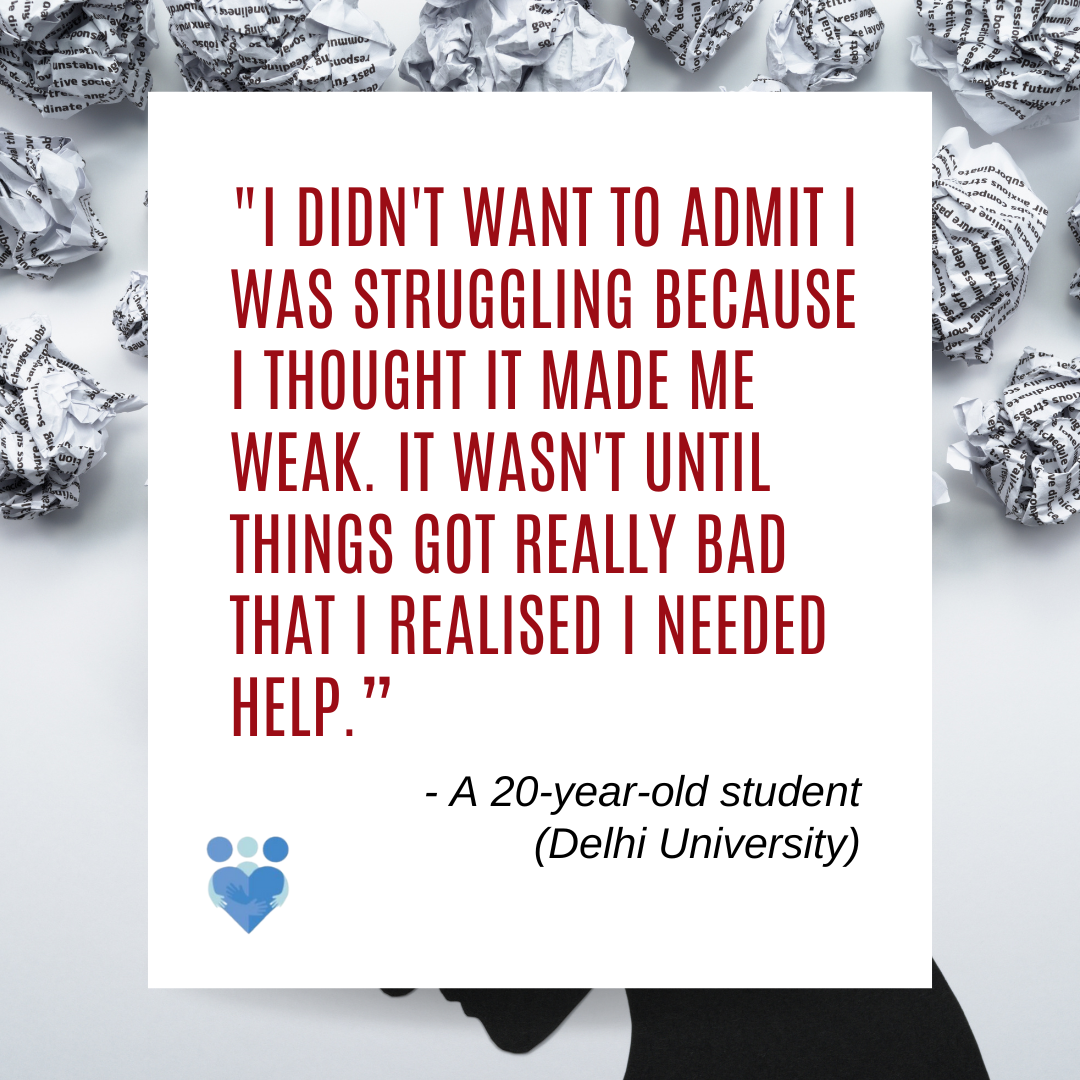
"Stigma is one of the most challenging aspects of mental illness, and it's something that we need to address head-on." - National Alliance on Mental Illness (NAMI) in their Mental Health Stigma Report (2020)
It may be the 21st century, but stigma is still a huge challenge when it comes to mental health.
There are still so many misconceptions, and so many people still lack an understanding of key issues about Mental Health and Mental Illness – they may not be able to identify signs of distress, or when someone is struggling and could benefit from professional evidence-based support. That lack of understanding is a blocker in providing timely access to appropriate resources.
A 20-year-old student studying in Delhi University had earlier shared with me, "I didn't want to admit I was struggling because I thought it made me weak. It wasn't until things got really bad that I realised I needed help.”
His friend and well-wisher shared: "I saw my friend suffer in silence because he was afraid of being judged. It was really sad to see the impact of stigma on someone you care about."
Misconceptions surrounding mental health not only lead to negative perceptions but also complicate the comprehension and management of mental health challenges. Dr. Vikram Patel, a renowned mental health expert and co-founder of Sangath, has in the past stated, "The stigma attached to mental health problems often prevents individuals from seeking the help they need, further exacerbating their conditions" (Patel, 2016).
Each of us probably also know people who don't consider mental health-related issues real or relevant at all.
जब मानसिक स्वास्थ्य की बात आती है तो कई Myth हैं। वास्तविकता की जाँच का समय!
— The Health Collective (India) (@healthcollectif) May 14, 2024
There are so many myths when it comes to Mental Health. Time for a reality check! 💜 pic.twitter.com/o0EoWbnPzS
Various cultures have varying perceptions of mental health, with some viewing it as an individual shortcoming instead of a medical condition.
- For example, according to the APA, in the United States, a more individualistic culture, mental health issues are often perceived as personal weaknesses or failures, despite growing awareness and advocacy efforts.
- In contrast, in China, mental health problems are frequently stigmatised and seen as bringing shame to the family, which can deter individuals from seeking help (Xiong, 2020).
- Similarly, in South Asian cultures, mental illness is often not discussed openly and is sometimes attributed to spiritual or supernatural causes, leading to social exclusion and inadequate support for those affected (Trivedi, 2019).
- Here in India, mental health issues are often met with stigma and are sometimes considered a sign of personal weakness or a result of karma, leading to significant social exclusion and reluctance to seek professional help (Narasimhan, 2018). This can cause individuals to feel embarrassed and hide their issues.
Watch Dr Vikram Patel on The Health Collective here and hit subscribe for more!
TECH AND MENTAL HEALTH
While technology and social networks have brought us together and helped – in some ways to mainstream more conversations around Mental health, and even to find community – tech also comes with its own set of problems. Social media helps us stay connected, but it also introduces new pressures such as cyberbullying or experiencing negative emotions from what we see online. According to a study by the Royal Society for Public Health (RSPH), platforms like Instagram and Facebook are linked to increased feelings of anxiety, depression, and loneliness, particularly among young people (RSPH, 2017).
In fact, late last year, news came in of several US States deciding to sue Meta, the parent company of Instagram, over the harm being done to young people, especially around depression, anxiety, insomnia. Read more here
Experts like Dr. Jean Twenge, a psychologist studying generational differences, highlight that the rise in social media use correlates with an increase in mental health issues among teens, suggesting that the constant exposure to curated, idealised images and the pressure to receive likes and comments can contribute significantly to these negative outcomes (Twenge, 2017).
"Stigma is one of the biggest barriers to people accessing mental health care," - Centre for Addiction and Mental Health (CAMH) in their Report on Mental Health and Stigma (2021)
ACCESS TO AFFORDABLE CARE
Stigma can have many ramifications, but another critical issue for today's India, even with the proliferation of tech-based mental health support is access to affordable healthcare. Accessing affordable mental health care in India presents significant challenges due to the predominant reliance on out-of-pocket (OOP) expenditures and disparities between public and private healthcare settings. Under India's healthcare system, which heavily relies on OOP payments (World Health Organisation, 2017), mental health services in government hospitals are generally more affordable compared to private facilities.
According to the National Mental Health Survey 2016, families in India spend a median of ₹1,000-1,500 per month on OOP expenses for mental health treatment and travel, often pushing them into economic hardship (National Institute of Mental Health and Neurosciences, 2016).
People face significant challenges due to disparities between government hospitals and private settings.
- In government hospitals, mental health services are often subsidised, with outpatient consultations costing approximately 100-200 INR per visit (India Today, 2018).
- However, these facilities may have limited access to specialised mental health professionals and resources, resulting in longer wait times and potentially lower quality of care (Kapur, 2019).
- In contrast, private clinics offer more immediate access to psychiatrists and psychologists, but at higher costs ranging from 500-1000 INR per consultation (Ghosh, 2020).
- Despite these financial barriers, stigma surrounding mental health persists across both sectors, influencing individuals' decisions to seek care (Narasimhan, 2018). This dual challenge of affordability and stigma highlights the need for comprehensive healthcare reforms to ensure equitable access to mental health services across India's diverse healthcare landscape.
"Education and awareness are key to changing perceptions and reducing stigma," - National Alliance on Mental Illness (NAMI)
In order to enhance the situation, it is imperative to educate individuals further on mental health and we must ensure acccess to care is accessible to all individuals, regardless of their background, socio-economic status. This could involve integrating mental health services into standard healthcare and utilising technology to simplify access to assistance. It is essential that we increase our investments in developing improved therapies for mental health issues.
WHAT CAN WE DO?
As individuals, we need to educate ourselves, learn more about common mental health challenges. Help spread facts, not myths and misconceptions, and help combat stigma in our own communities.
That may be the only way we can dismantle some of the persistent obstacles, and establish a society in which mental health is equally valued as physical health.
Join The Health Collective today as a paying member or patron, to help support our work and improve our ability to continue story-telling in multiple languages. You can also check out some other options
References
Centre for Addiction and Mental Health. (2021). 2021 report on mental health and stigma. CAMH.
Ghosh, S. (2020). The cost of mental health care in India. The Economic Times.
India Today. (2018). The state of mental health services in government hospitals in India. India Today.
Kapur, R. (2019). Challenges in accessing mental health care in India. Journal of Mental Health and Human Behavior, 24(2), 85-91.
Narasimhan, L. (2018). Stigma and mental health in India. Indian Journal of Psychiatry, 60(Suppl 4), S537-S541.
National Alliance on Mental Illness. (2020). Mental health stigma report 2020. NAMI.
National Institute of Mental Health and Neurosciences. (2016). National Mental Health Survey of India, 2015-16: Prevalence, patterns and outcomes. NIMHANS, 128.
Patel, V. (2016). Mental health in India: Time to talk and act. The Lancet.
Royal Society for Public Health. (2017). #StatusOfMind: Social media and young people’s mental health and wellbeing. RSPH.
Trivedi, J. K. (2019). Mental health in South Asia: Culture, stigma, and management. Journal of South Asian Studies, 21(3), 56-67.
Twenge, J. M. (2017). Have smartphones destroyed a generation? The Atlantic.
World Health Organization. (2013). Mental health action plan 2013-2020. WHO
Xiong, W. (2020). Mental health stigma in China. China Quarterly of International Health, 35(4), 123-134.
About the Author: Khushi Sibal, 20, is a student at Keshav Mahavidhyalaya, DU and an intern at The Health Collective.

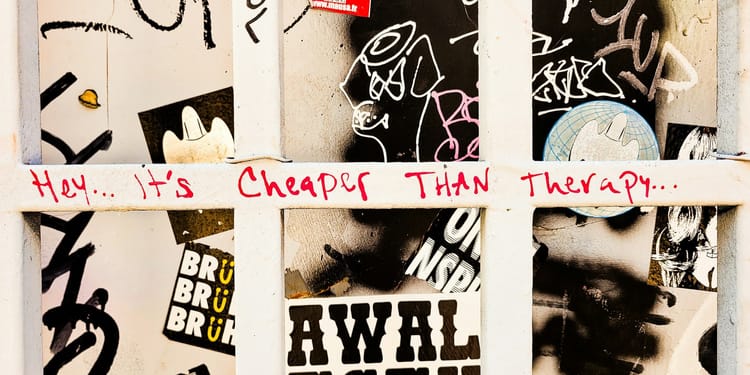
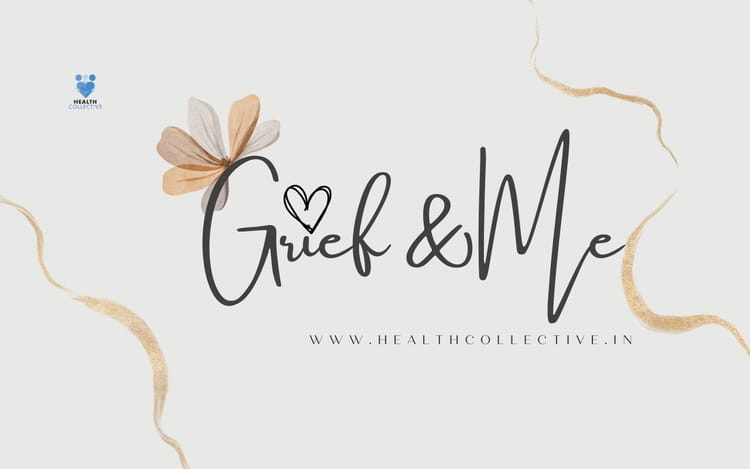
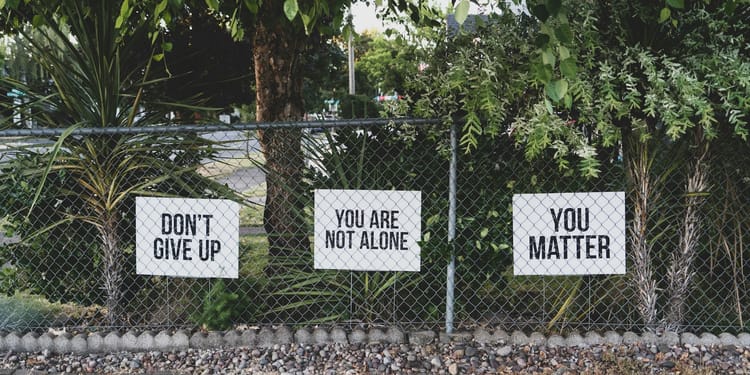
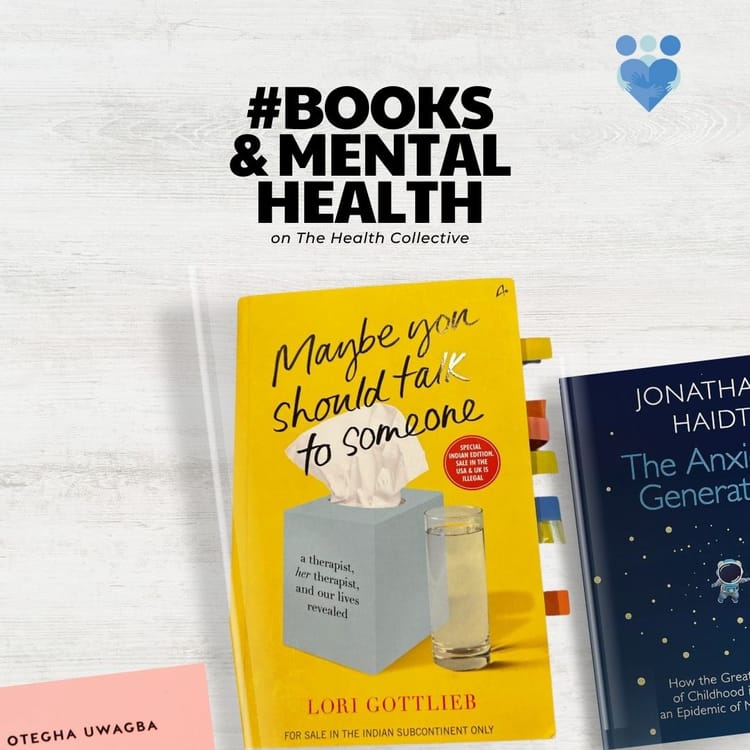
Member discussion